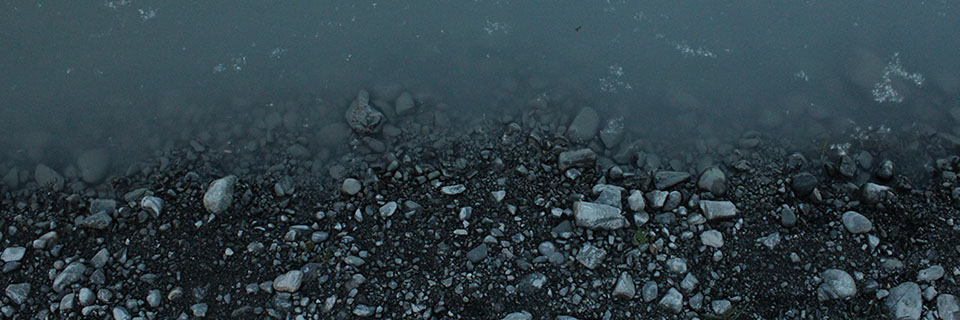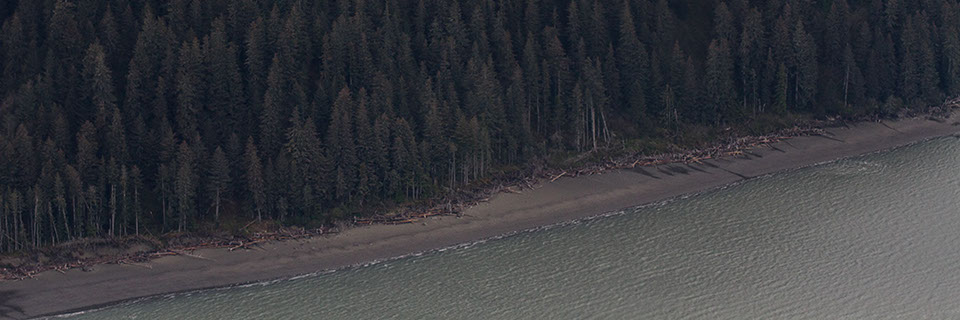-crop-u68683.jpg?crc=3966471950)















Morrison, D., & Dahmen, N. S. (2017, April 12). In planned EPA cuts, U.S. to lose vital connection to at-risk communities. The Conversation. https://theconversation.com/in-planned-epa-cuts-us-to-lose-vital-connection-to-at-risk-communities-74489

Dahmen, N. S., Elias, T., Morrison, D., & Morrison, D. (2017, January 4). The overwhelming whiteness of U.S. environmentalism is hobbling the fight against climate change. Quartz (qz.com). https://qz.com/877447/the-overwhelming-whiteness-of-the-us-environmentalist-movement-is-hobbling-the-fight-against-climate-change/


